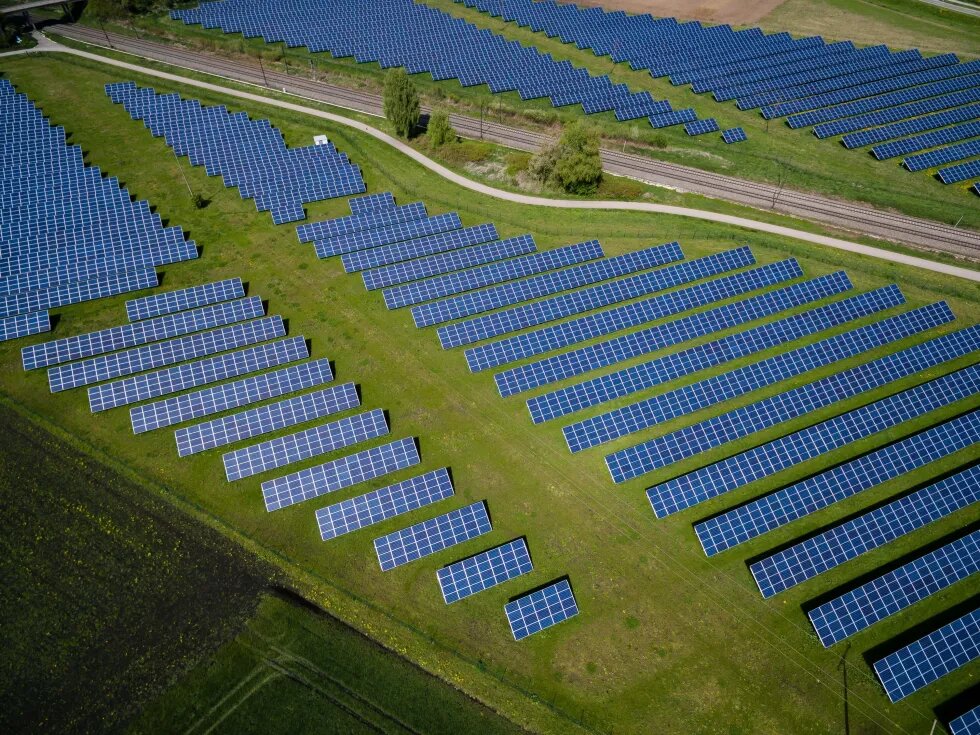Summary of the discussion "Renewable Energy: Way Out of Economic Crisis, Not Oligarch’s Prey", organized by the Energy Transition Coalition.

Renewable Energy: Way to Economic Prosperity or Reason for Ukraine’s Energy Crisis
Where will the government proposals to curtail the development of renewable energy lead? Such statements have been put forward by the Ministry of Energy and the National Commission for Energy Regulation multiple times.
How do we maintain investors’ confidence in Ukraine’s energy and economy while also supporting a private owner of a household power plant or a member of an energy cooperative? Why do we need different sets of rules for small plants with RES generation and big companies like DTEK? And why, even so, we still need to be guided by the principles of environmental protection and climate and focus on the development of renewable energy, as opposed to fossil fuel?
This was discussed by representatives of civil society, local authorities, prosumers and renewable energy market participants at the press-conference Renewable Energy: Way Out of Economic Crisis, Not Oligarch’s Prey organized by the Energy Transition Coalition.
"Statements by government officials regarding the intention to curtail support and development of renewable energy have prompted us to hold this event and respond to government statements. These are manipulative points when they allege that RES are the reason of the energy crisis. The actual problem comes from the lack of systemic energy reforms. And renewable energy can become one of the major factors helping the world out of the systemic environmental and economic crisis. That’s if we focus on the development of distributed generation, not big RES items which are, unfortunately, associated with oligarchs in Ukraine,” says Oksana Aliieva, Climate Change and Energy Policy program coordinator with Heinrich Boell Foundation, Kyiv Office — Ukraine.
Unfortunately, this is not happening yet, and Ukraine is not yet fulfilling its relevant international obligations. The expert is convinced that the energy sector needs quality systemic reforms and avoidance of “double standard” in the formation of rates. “Nuclear energy is the cheapest, because the rate is only based on operational expenses, and not all of them at that. What about the cost of equipment, modernization, depreciation? Energoatom has to take out loans to purchase equipment. The money allocated to the fund for decommissioning will not be enough even for one power unit, and there are 15 of them in Ukraine. We basically leave those expenses to the next generation in 10-15 years. That’s why the government statements on expensive RES and cheap nuclear energy are manipulative,” says Andrii Martyniuk.
Andrii Zinchenko, head and cofounder of the energy cooperative Solar City, cofounder of the CSO Active Users and Prosumers Community, supports this idea, emphasizing that the consumer eventually has to pay for everything. If it’s not about the rates directly, it’s about taxes which are currently subsidizing coal energy.
Andrii Zinchenko insists that the owners of household solar power stations and co-owners of energy cooperatives need to be regarded as internal investors and provided with favorable environment, as opposed to curtailing their every move.
“According to the State Agency for Energy Efficiency, there are currently 24,000 domestic solar power stations with a capacity of up to 30 kW in Ukraine. People have invested about half a billion dollars in them, and they expect to get their investment back. Each such power plant pays about USD 750 in taxes annually; plus there are jobs and there’s self-employment,” says Andrii Zinchenko.
Volodymyr Shmatko, mayor of Chortkiv, which declares transition to 100% RES by 2050, supports the strategic vision of the development of RES in his city. “Apart from the environmental vision of the situation, which is that transition to RES leads to responsible energy consumption and its reasonable conservation, as well as conscious coexistence with nature, we understand other benefits of renewable energy. They are taxes, jobs, security and a healthy society, investments and self-employment. Eventually, when people invest in their business, they become invested in the issues involved. That’s why we expect that the development of RES will contribute to environment-friendly thinking and development of civil society,” says Volodymyr Shmatko.
Andrii Zinchenko also stressed the manipulative nature of government statements and public debate that allegedly RES gives extra profits to the oligarchs. “In addition to the already mentioned domestic solar power plants, there are hundreds of small power plants with a capacity under 1 MW in Ukraine. Renewable energy is the only part of the energy sector which can engage all citizens and consumers, which correlates with the legislative requirements of the European Union. No single player on the Ukrainian RES market has their own share of over 25%, unlike nuclear or coal energy. Distributed energy sources give more opportunities for balancing the system and forming a competitive market,” says Andrii Zinchenko.
In the end, all speakers agreed that renewable energy is a global priority and an inevitable necessity given the climate crisis and global warming. Provided the economic regulation is correct, this leads to the development of economy, an inflow of investments, taxes, and creation of new jobs.
Watch the full video here.

